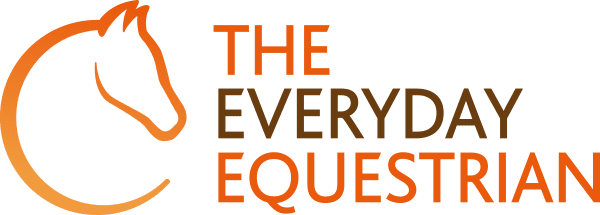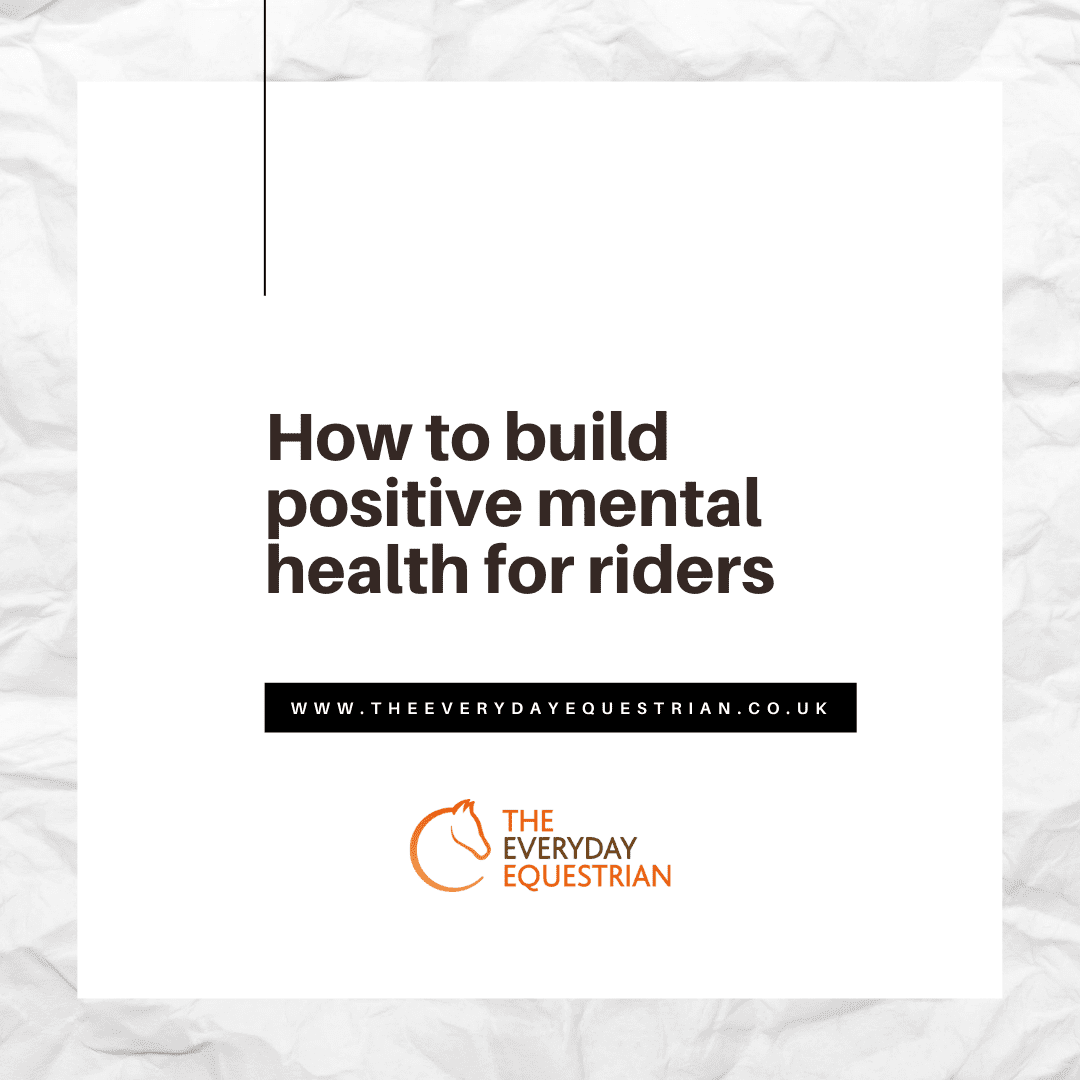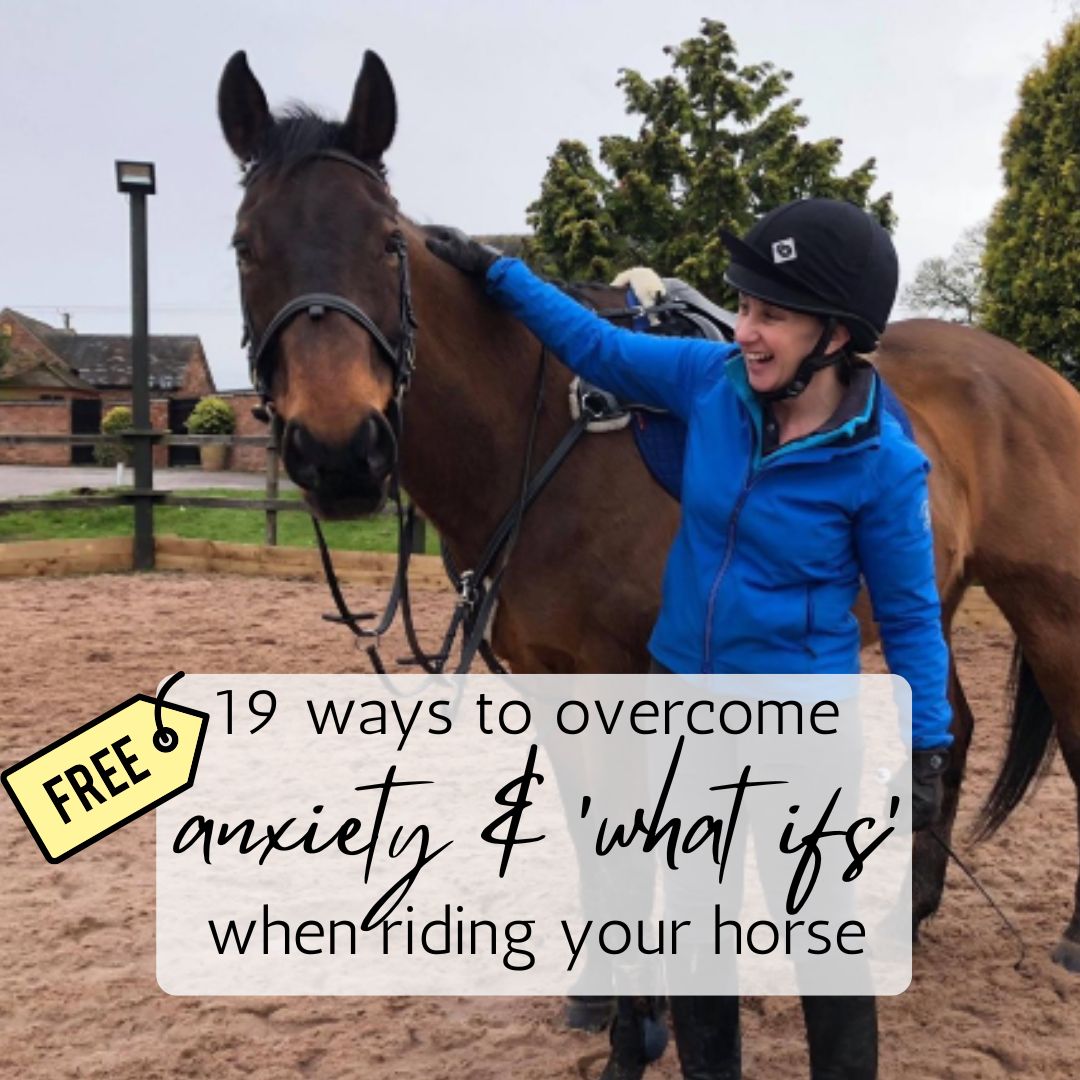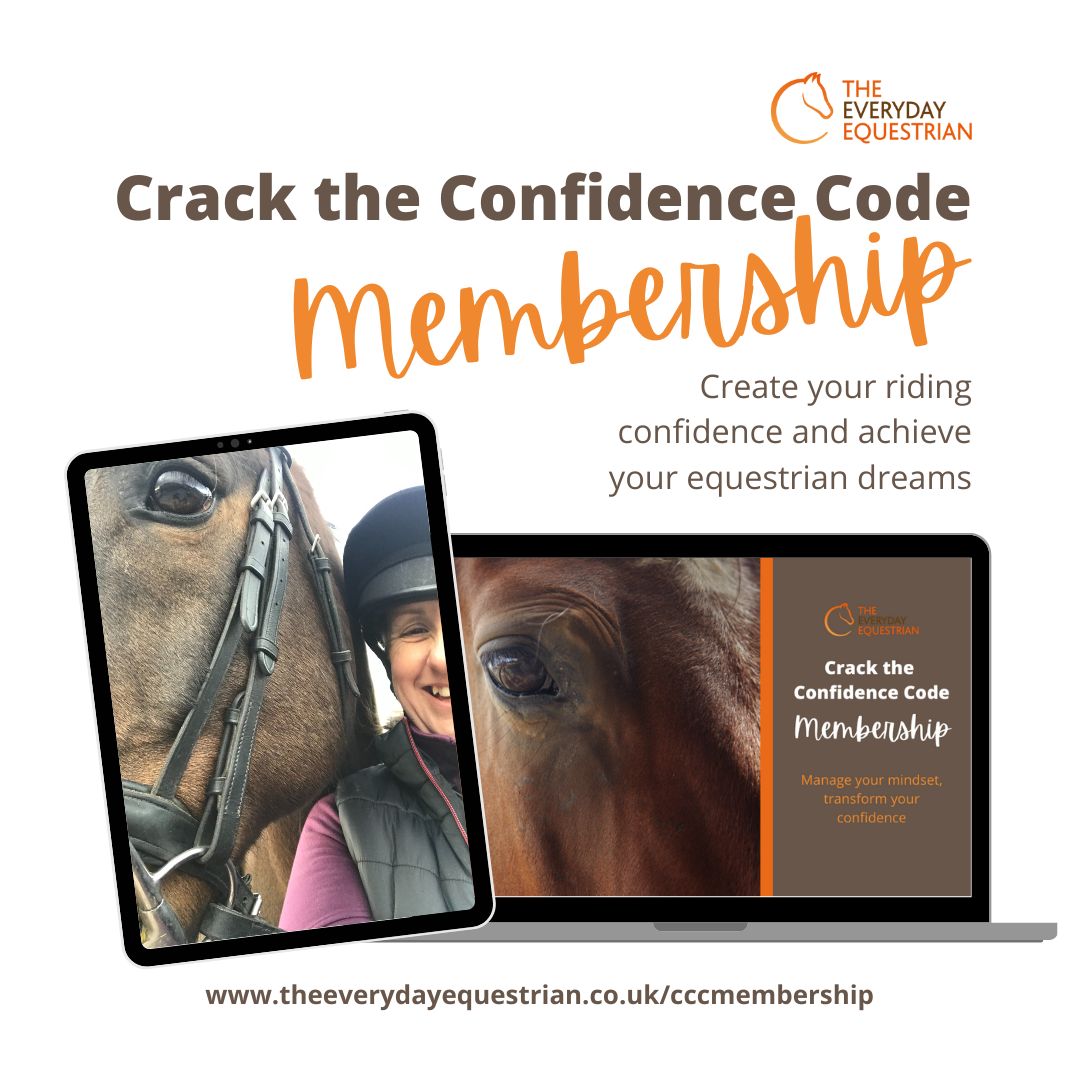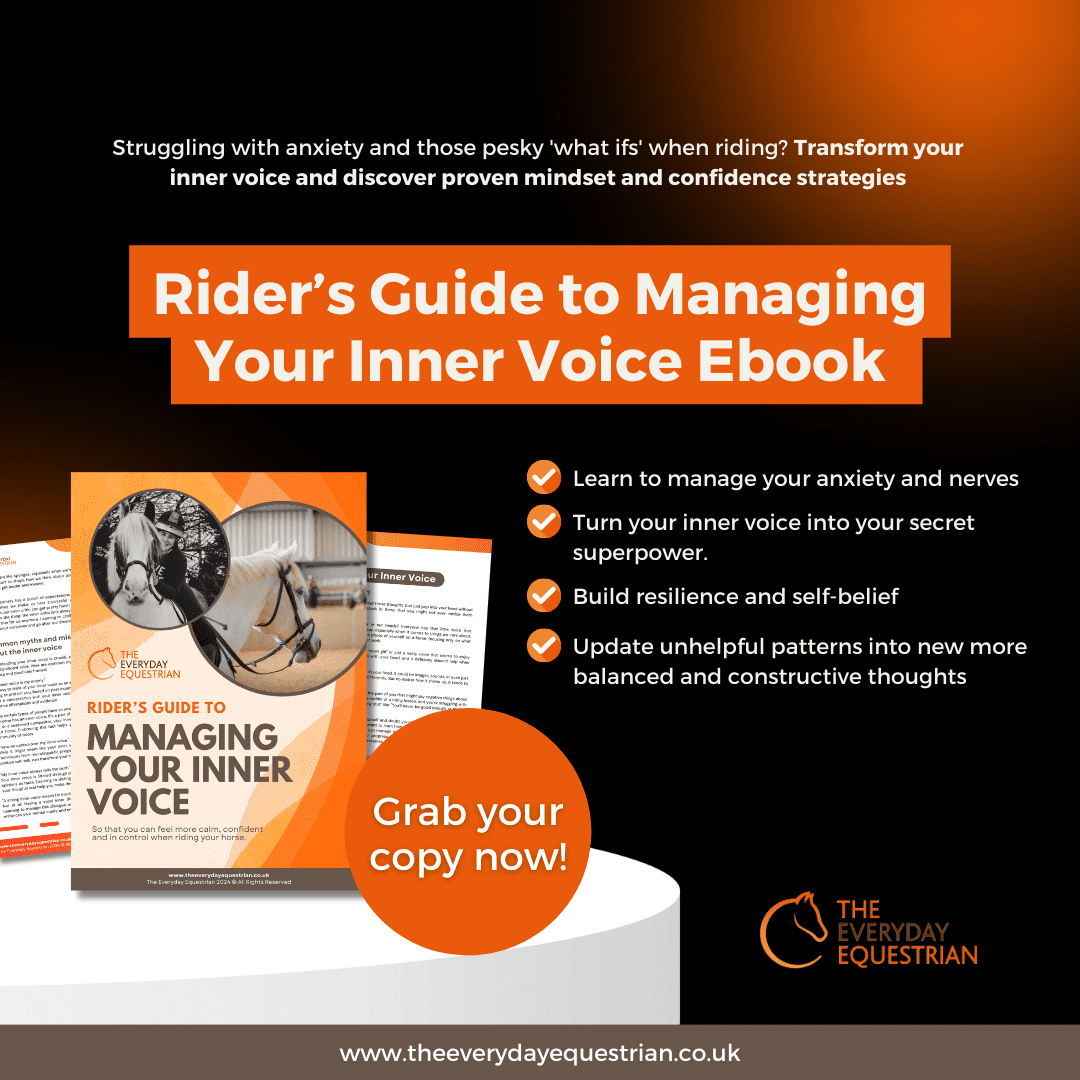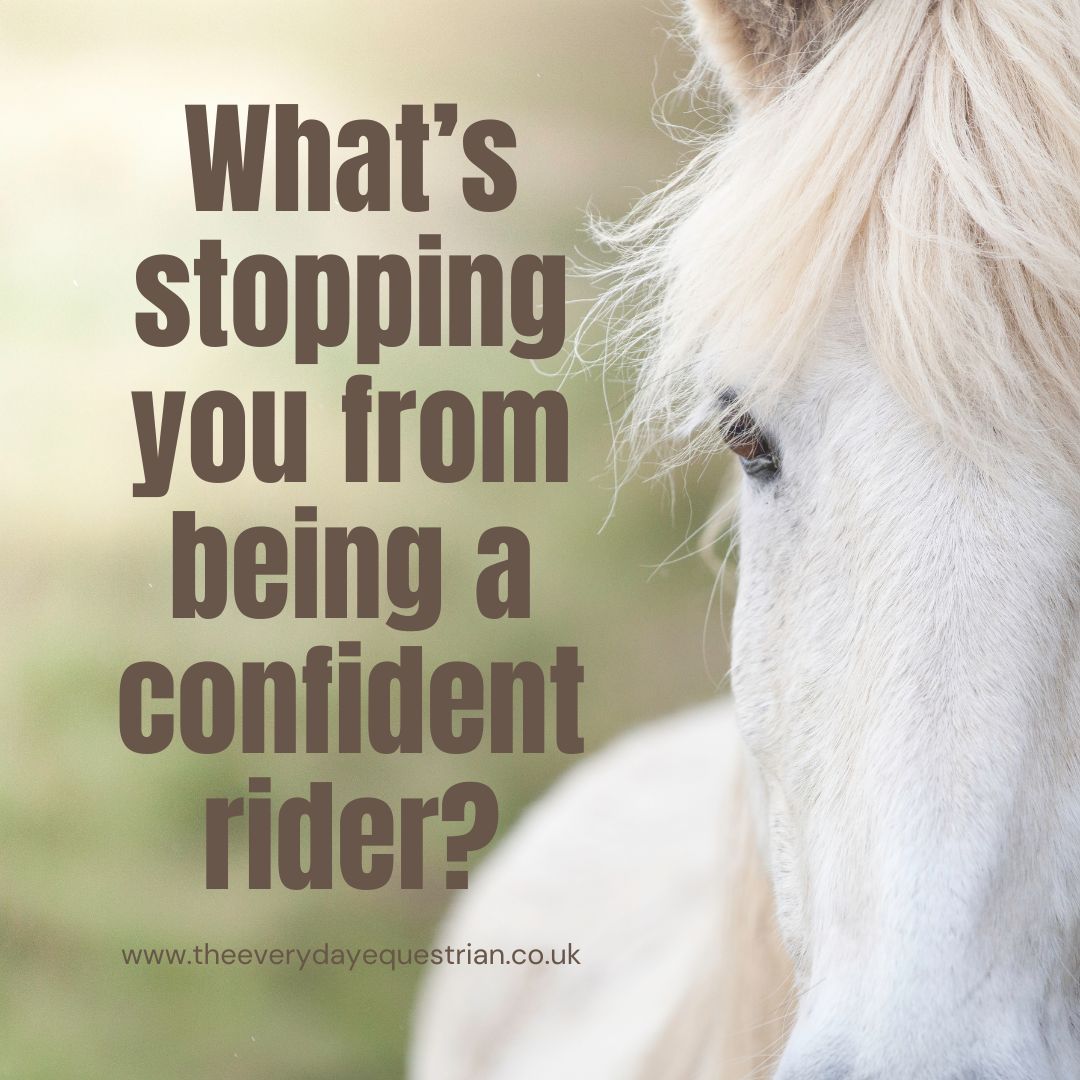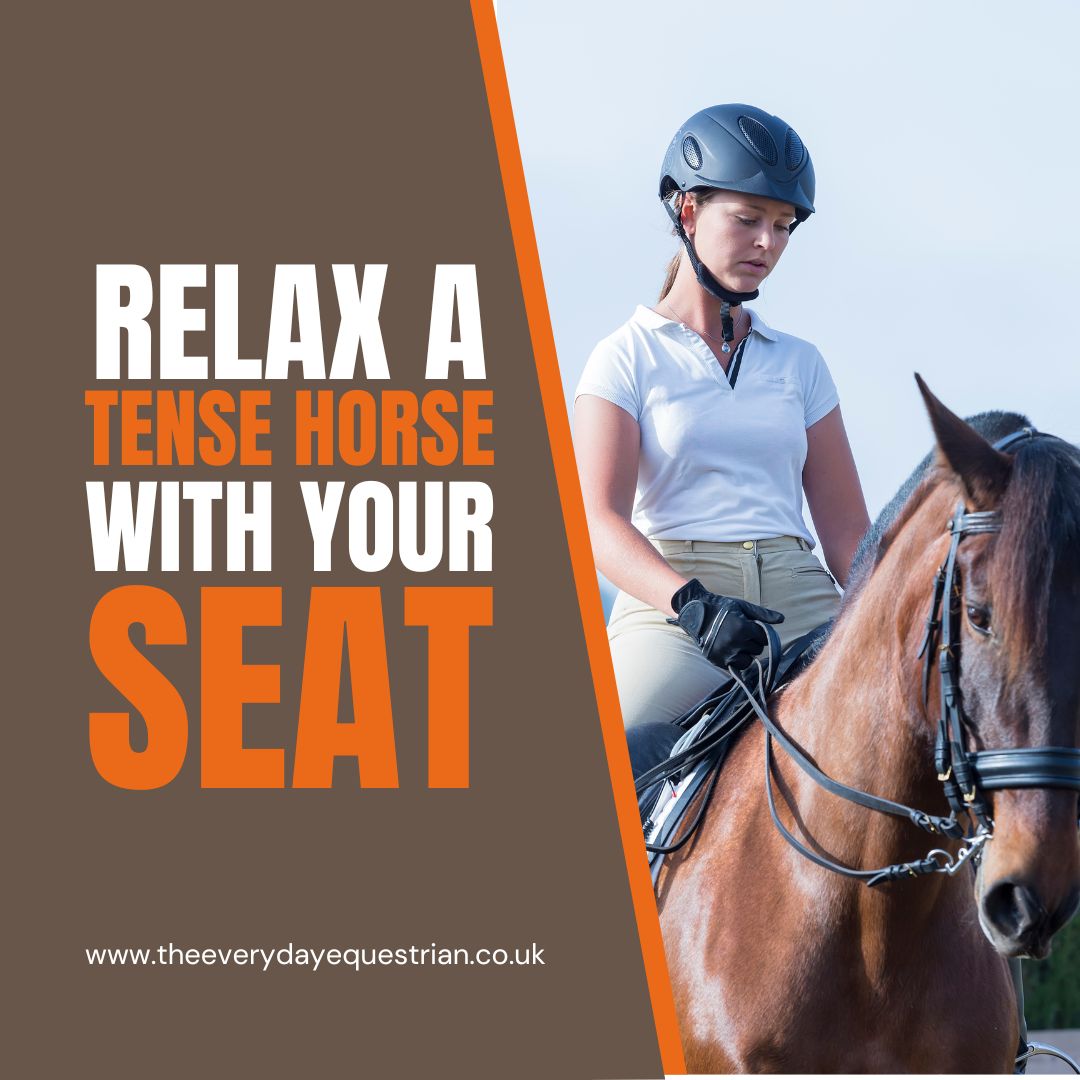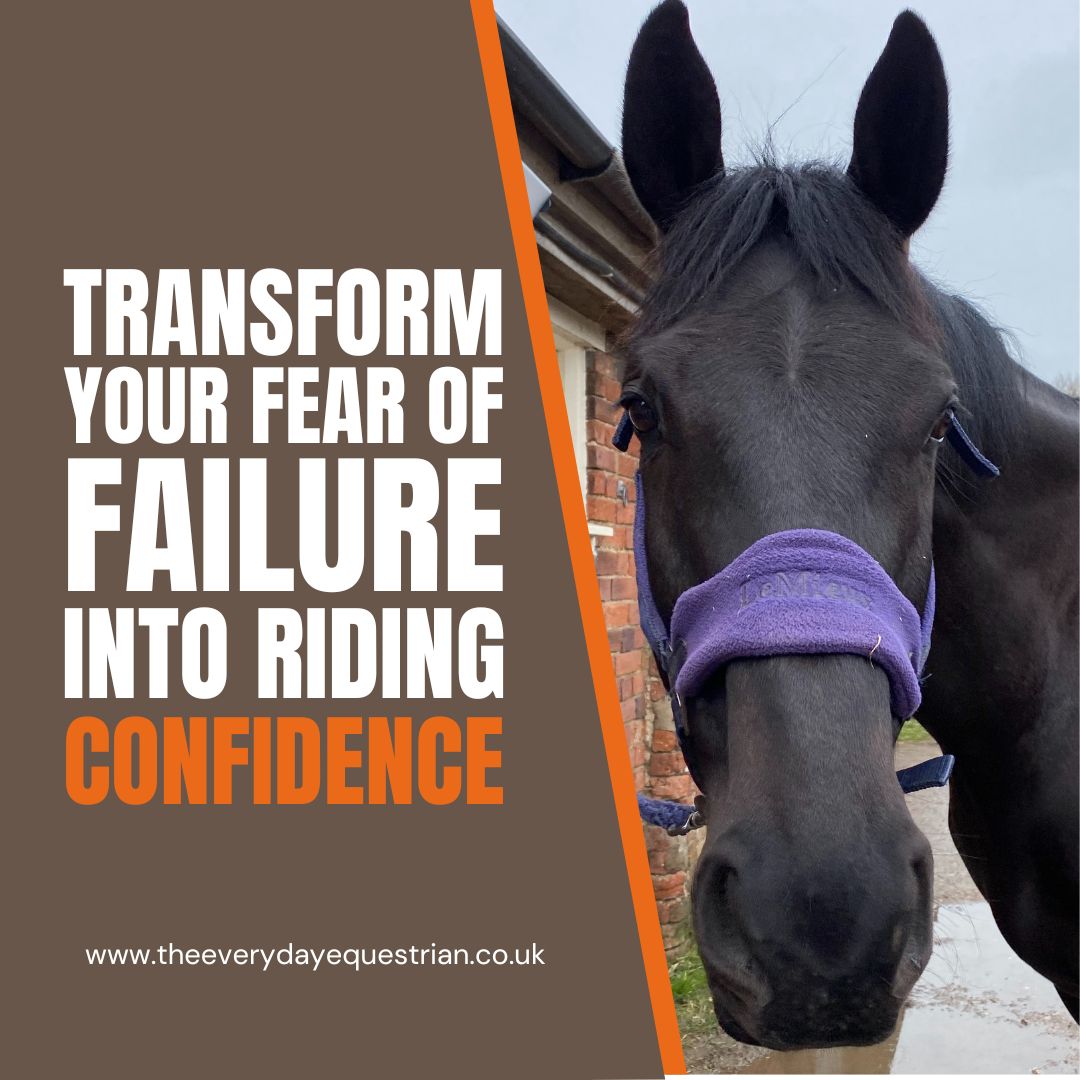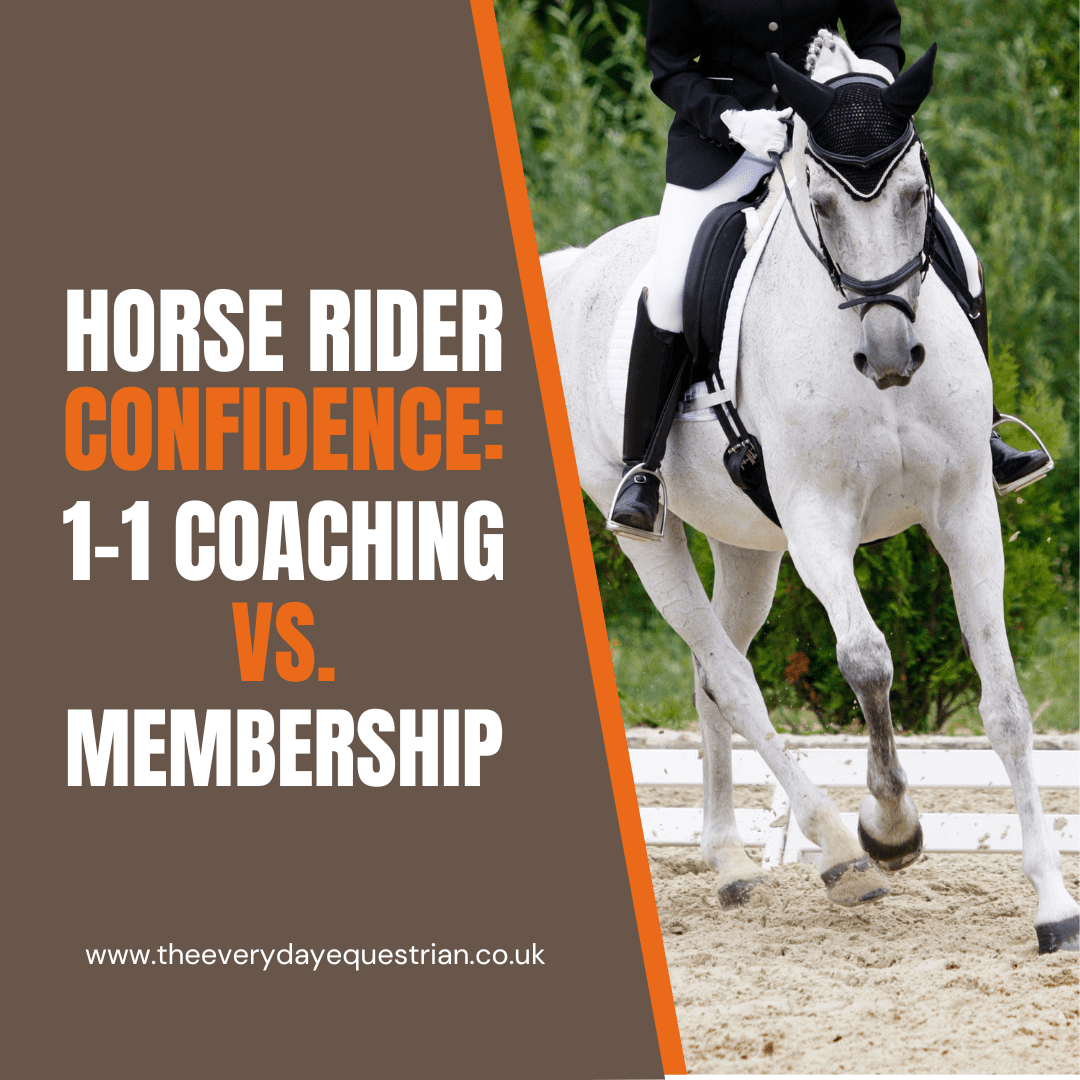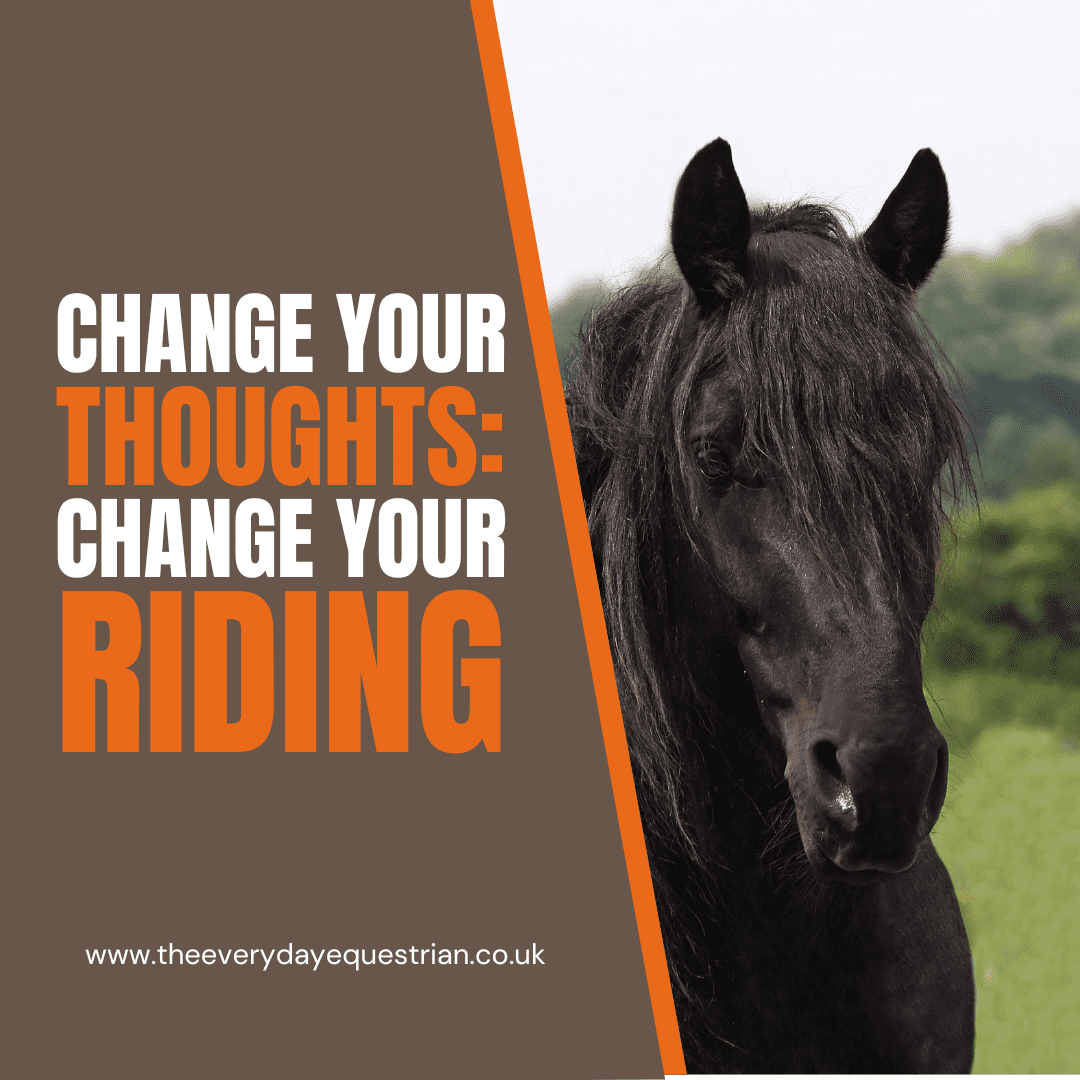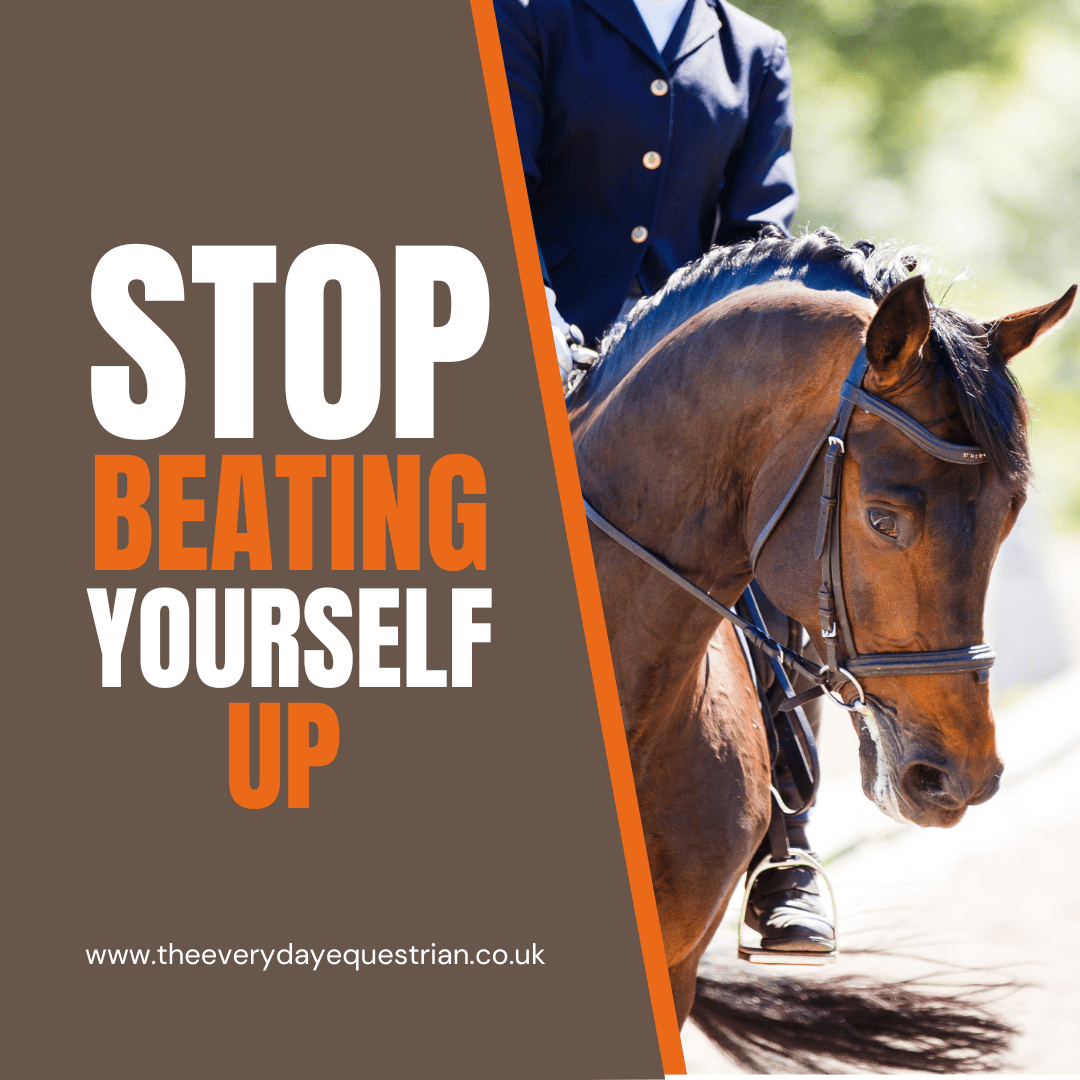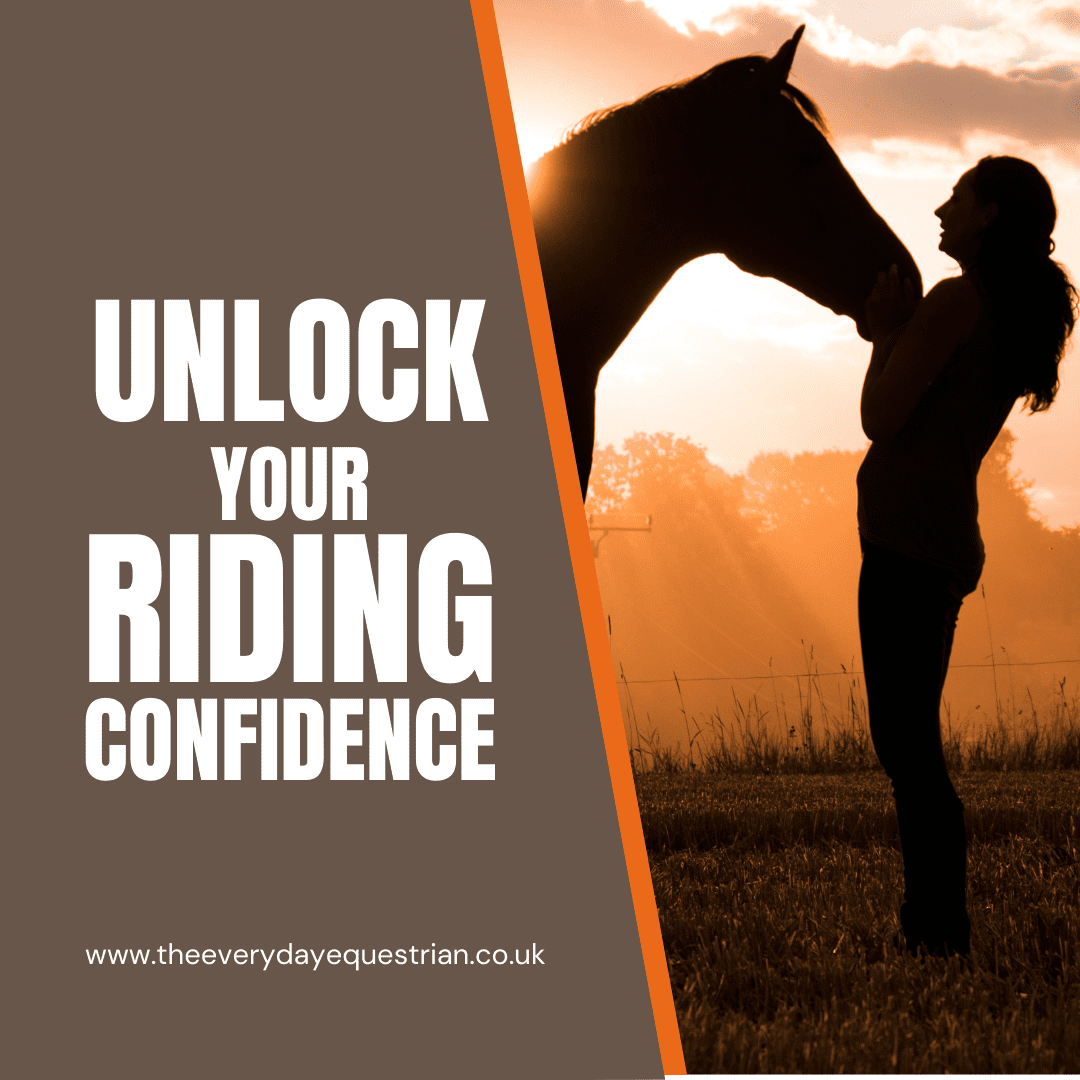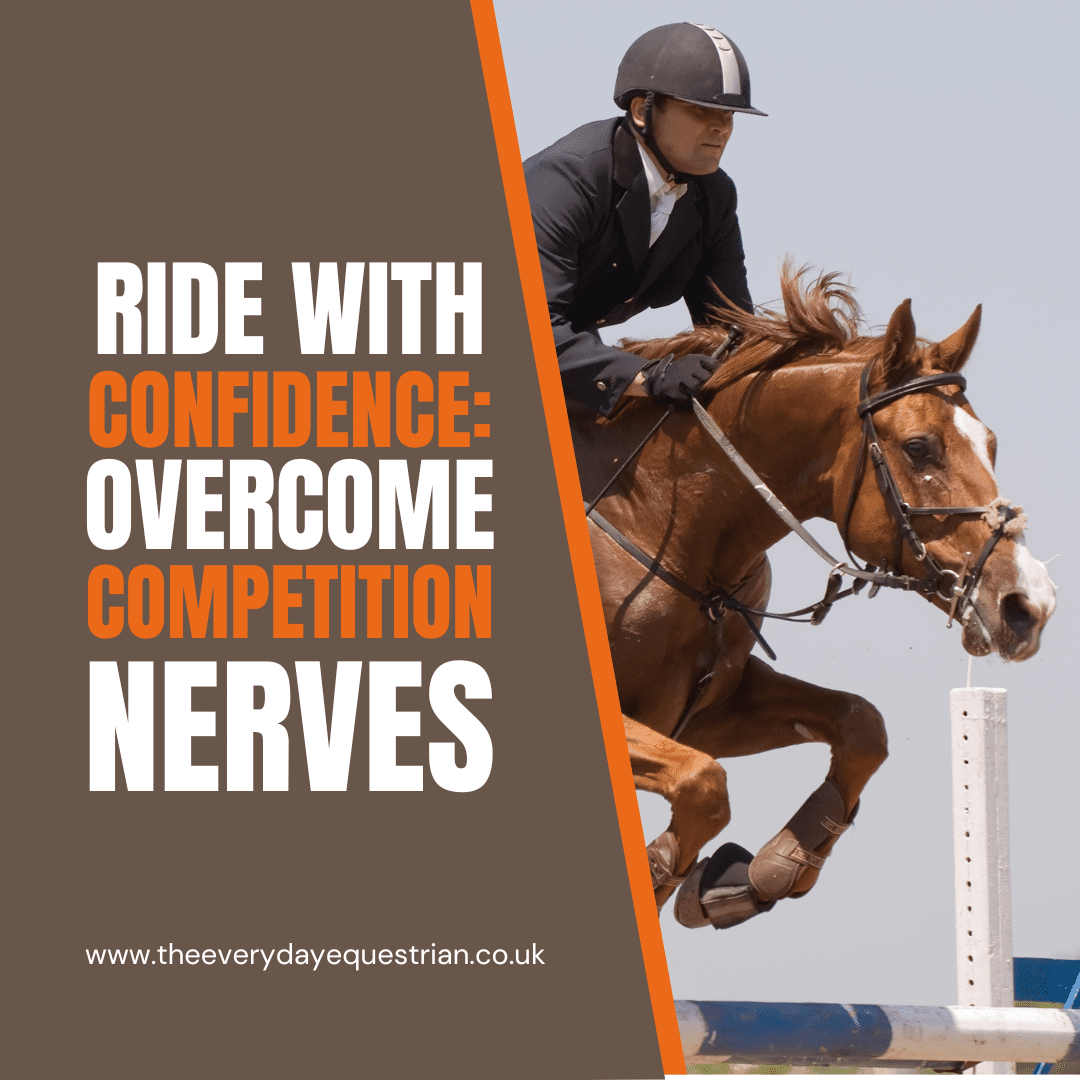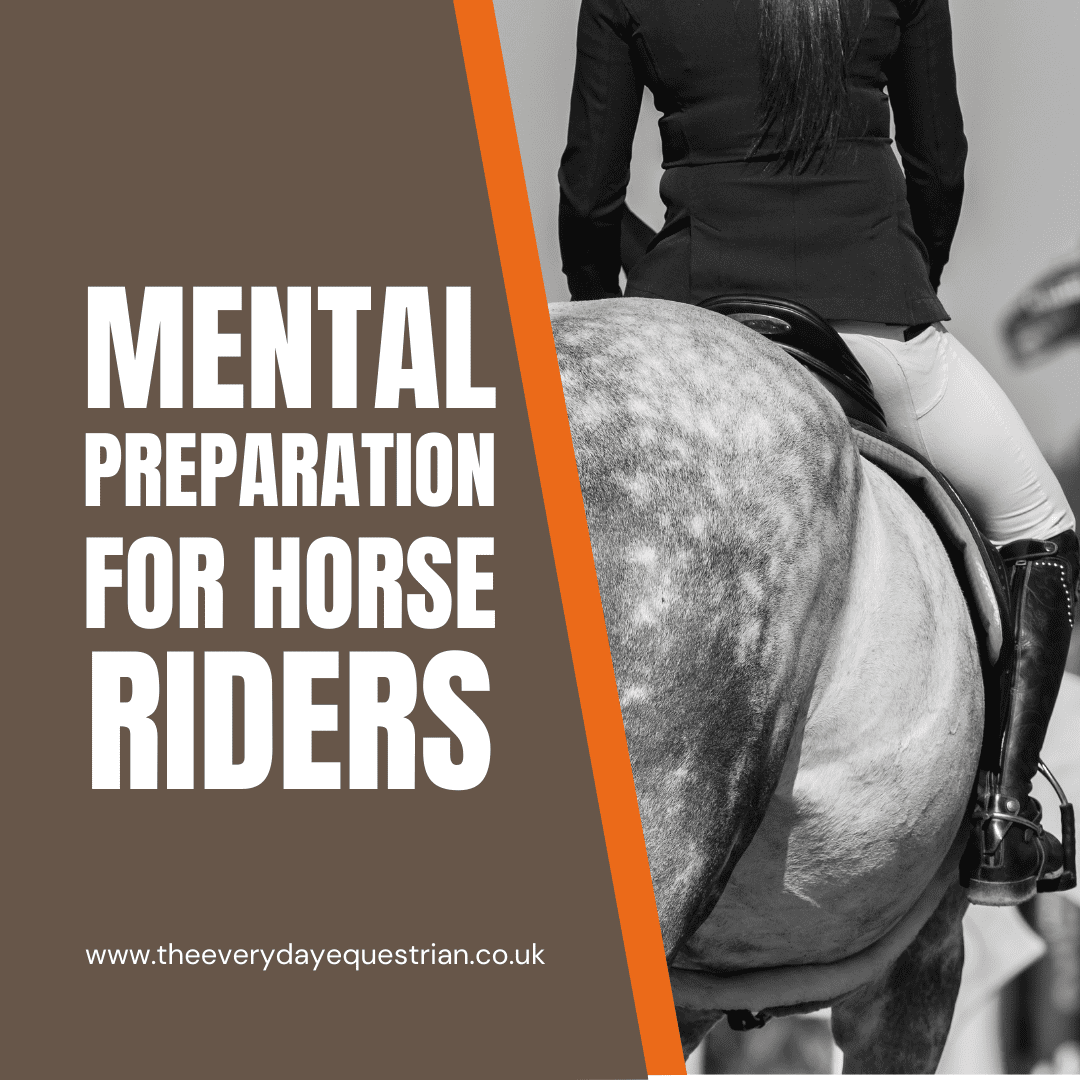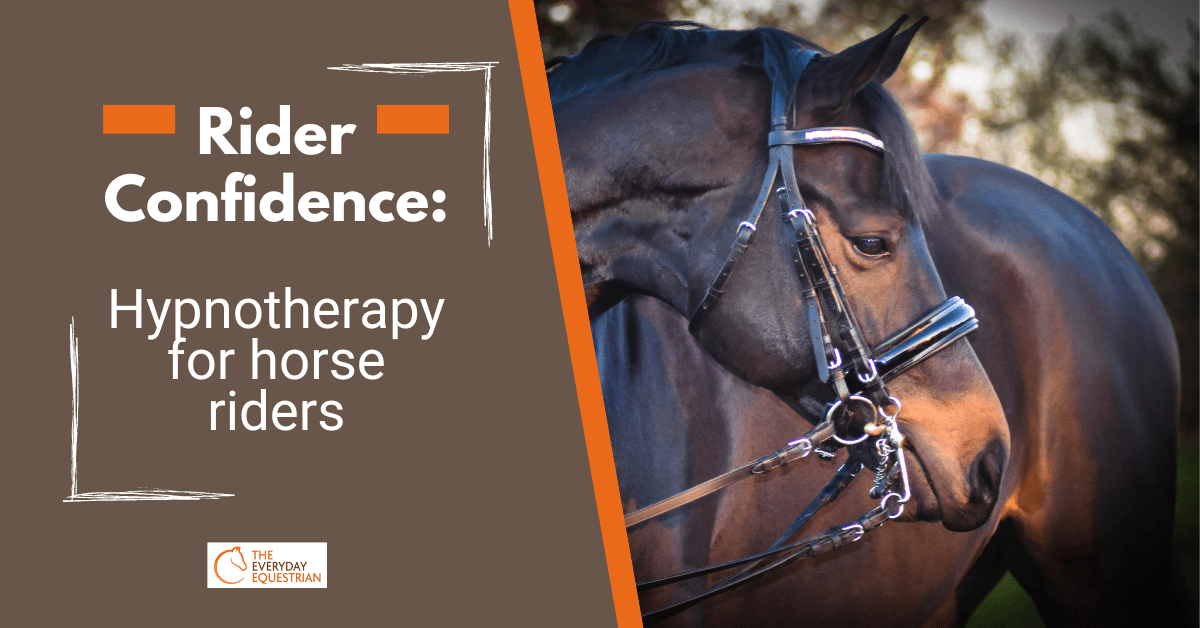Horse riding can be a great activity for your physical health, but have you thought about how you can support your mental wellbeing as a horse rider? Here, Katie Allen-Clarke from Horse & Country is on hand to give you some tips.
Take time to rest
Horse riding is a great sport – but if you are competing regularly or really trying to focus on improving your skills and performance, it can be easy to push yourself too much. That’s especially true when you are feeling enthusiastic to reach a new goal or level of competition, or you’re under pressure (internal or external). It’s vitally important to make sure you timetable some slower days around more strenuous ones. If you are competing at the weekend, try just doing a gentle hack the day after to ensure you (& your horse!) can re-energise and relax. If you’ve the added benefit of being on a yard, don’t be afraid to ask someone to help with daily chores like mucking out, grooming and cleaning – it’s more than acceptable to lean on a support network, where you need to.
Keep things interesting
Introducing new things is a great way to keep riding a positive for your mental health. If you enjoy countryside hacks, try new routes to give you and your horse more mental stimulation throughout the outing. You can also try new activities or disciplines together — so, if you normally focus on dressage, you might try some small jumps, or perhaps an arena eventing training event in your local area. Finding new places to explore and things to try can help you enjoy horse riding to the fullest, as well as enable you to learn new skills.
Another way you can add interest to your routine is by adding some groundwork to your horse’s training schedule. Whether you look to lunge, long rein or opt for other in hand exercises or stretching tasks – these will give you and your horse something new to think about, and a different way to bond.
If you want to take some time away from the yard, but still want to fill your time with horses, there’s always the option of watching live sport or training exercises through a streaming service, like H&C+.
Connect with your horse
Horses are wonderful animals to spend time with, because they rely on non-verbal communication and often mirror the body language of the people around them. They can be a comforting presence and very easy to relax around. So, support your own mental health by making the most of these benefits, and spend time connecting with your four-legged friend. Things like grooming, walking, visiting them in the field when they are grazing, or taking a slow ride together can all be lovely ways of reconnecting. You can also spend some extra time giving them a bath, or plaiting their mane and tail before a big event. If your four-legged friend isn’t on the same page as you that day, no matter! Even just enjoying a cup of tea whilst watching them play whilst at turnout, is a fabulous way to pay more attention to your horse and your state of mind.
Enjoy physical exercise
Exercise is important for improving mental health and wellbeing, as recommended by the charity Mind. Horse riding is an excellent form of physical exercise, because it uses all the main muscle groups in your body, and can give you a real workout. To make the most of this, try to ensure your rides include a range of paces, and different exercises so that you can get your whole body active. This will be good for your horse’s cardiovascular health too. Remember – physical exercise isn’t just getting your heart rate up to the max! You can improve physical and mental wellbeing by focussing on mobility and flexibility exercises whilst mounted or unmounted, too.
You might also consider adding other forms of exercise to your weekly or monthly routine to support your fitness, and allow you to have more stamina while riding. Running, dancing or playing a sport like tennis can assist aerobic health, while yoga, Pilates or swimming can help your muscles stay supple.
Build your self-esteem
Building self-esteem can help us feel more positive, and make us more resilient when things go wrong or we encounter obstacles. Horse riding is a great way to build self-esteem, as it involves lots of different problem-solving tasks, some small and some bigger. Take yourself back to basics when needed — if a certain height of jump makes you lose your balance or your nerve, make the jumps lower and build back up, reaffirming your confidence.
You can add to the upping of your self-esteem by taking time away from social media, which can be a catalyst for comparing yourself to others which affects your mental health, especially if you’re riding competitively.
Remember – above all, horse riding is supposed to be enjoyable! Doing a variety of activities that gives both you and your horse the chance to build confidence, whilst also being challenging enough to provide stimulation, is a great way to look after your wellbeing.
Horse riding is an excellent way to support and improve our mental health, but it’s also important to support your wellbeing as a rider. These tips should provide you with a starting point to take care of yourself and your mental health while enjoying your favourite sport.
